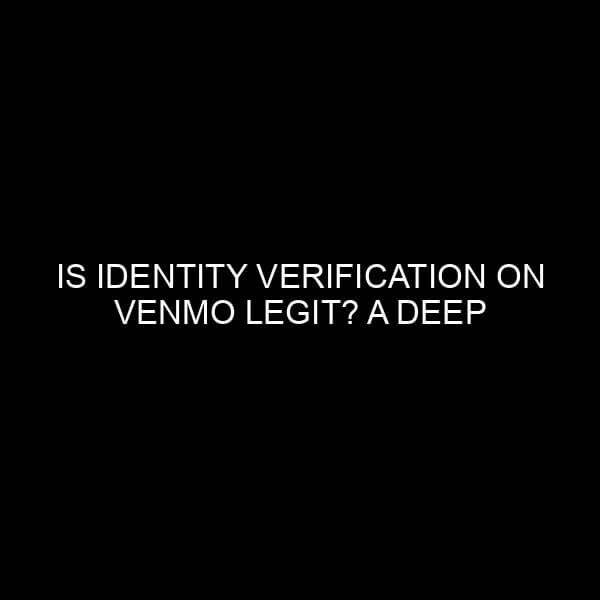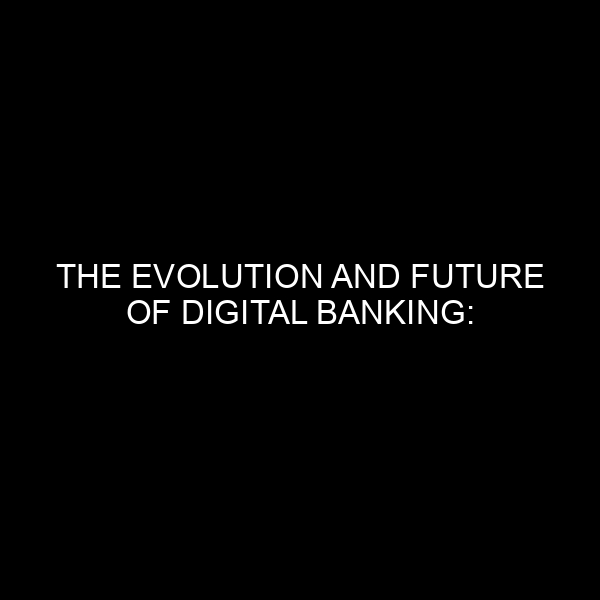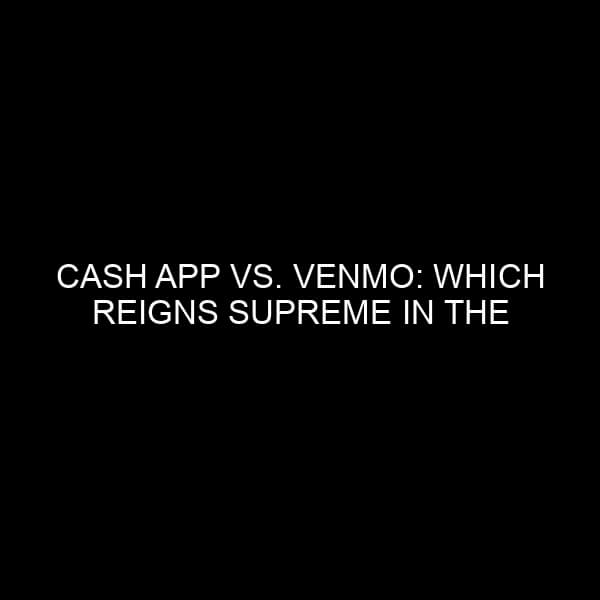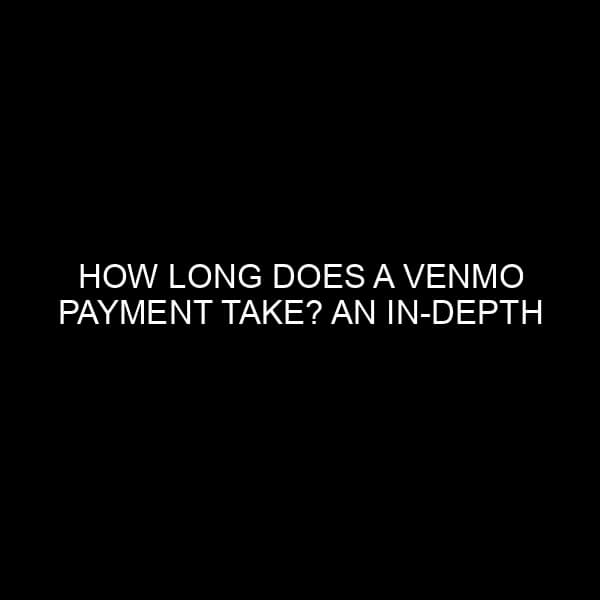Is Identity Verification on Venmo Legit? A Deep Dive from a Banking Perspective
In today’s digital age, the way we manage and transact money has evolved tremendously. With a myriad of mobile payment apps, banking has taken on a new form, allowing users to send and receive money instantly with just a few taps. One of the giants in this space is Venmo, a peer-to-peer payment platform that boasts millions of users. Given the massive adoption of such platforms, one question frequently asked by both new and existing users is: “Is identity verification on Venmo legit?” In this article, we’ll explore this query in depth, examining the verification processes and the authenticity of Venmo’s security protocols, all from an expert lens rooted in the financial market and banking industry.
Understanding Venmo: The Basics
Before diving deep, it’s crucial to establish a baseline understanding of Venmo and how it operates. Owned by PayPal, Venmo is a mobile payment service used mainly in the United States. It enables users to send money to friends, make payments, and even shop online. Given the sensitive nature of these transactions, Venmo has placed identity verification at the core of its operations, ensuring that every transaction is backed by a legitimate user identity.
Why Identity Verification is Crucial
In the banking industry, identity verification serves as a cornerstone for combating fraud, money laundering, and illicit activities. To put it in perspective:
- Risk Management: By verifying the identity of its users, Venmo safeguards both itself and its clientele from potential financial threats. This step ensures that the person you’re transacting with is genuine, limiting the risks associated with impersonation or identity theft.
- Legal Compliance: Regulatory bodies, such as the Financial Crimes Enforcement Network (FinCEN), mandate certain financial entities to uphold the “Know Your Customer” (KYC) protocols. This means platforms like Venmo are legally obligated to verify the identities of their users.
- Building Trust: For many, the realm of digital transactions can feel intimidating. A robust identity verification system enhances user trust, providing reassurance that their finances and personal data are in safe hands.
How Venmo’s Identity Verification Works
Venmo utilizes a multifaceted approach to identity verification:
- Basic Information Gathering: Upon signing up, users are required to provide basic information, including their name, date of birth, address, and Social Security Number (SSN). This initial data is essential for the preliminary verification steps.
- Document Verification: In certain cases, Venmo may request users to provide additional documentation. This might include government-issued IDs, utility bills, or bank statements. Such measures are typically taken when there are discrepancies or concerns about the authenticity of the provided information.
- Two-Factor Authentication (2FA): An added layer of security, 2FA requires users to input a secondary code (sent via SMS or an authentication app) when accessing their account. This ensures that even if someone manages to obtain a user’s password, they won’t easily gain access to the account without the secondary code.
Is Venmo’s Identity Verification Legitimate?
From a banking perspective, the answer is a resounding “yes.” Here’s why:
- Industry-Standard Practices: Venmo’s verification processes align with what is expected in the broader financial sector. The incorporation of KYC protocols, documentation checks, and 2FA showcases a robust commitment to security.
- Parent Company Reputation: Being under the PayPal umbrella, Venmo benefits from the extensive security measures and protocols that have made PayPal a trusted name in online transactions globally.
- Continuous Monitoring: Apart from the initial verification, Venmo actively monitors transactions to identify suspicious activity. In the event of any anomalies, the platform can halt transactions, request further verification, or even freeze accounts, further ensuring user safety.
Tips for a Safer Venmo Experience
While Venmo goes to great lengths to ensure a secure platform, users also have a role to play:
- Keep Your App Updated: Regularly updating the Venmo app ensures you’re equipped with the latest security patches.
- Avoid Public Wi-Fi for Transactions: Public networks can be less secure, making it easier for malicious actors to intercept your data.
- Regularly Review Transactions: Make it a habit to check your transaction history for any unauthorized activities.
Conclusion
Venmo, with its vast user base, has established itself as a reliable platform for peer-to-peer transactions. Its identity verification processes, deeply rooted in industry standards and backed by the reputation of PayPal, further solidify its legitimacy. However, as with all financial tools, it’s essential to stay vigilant and adopt best practices to ensure a seamless and safe digital banking experience.






